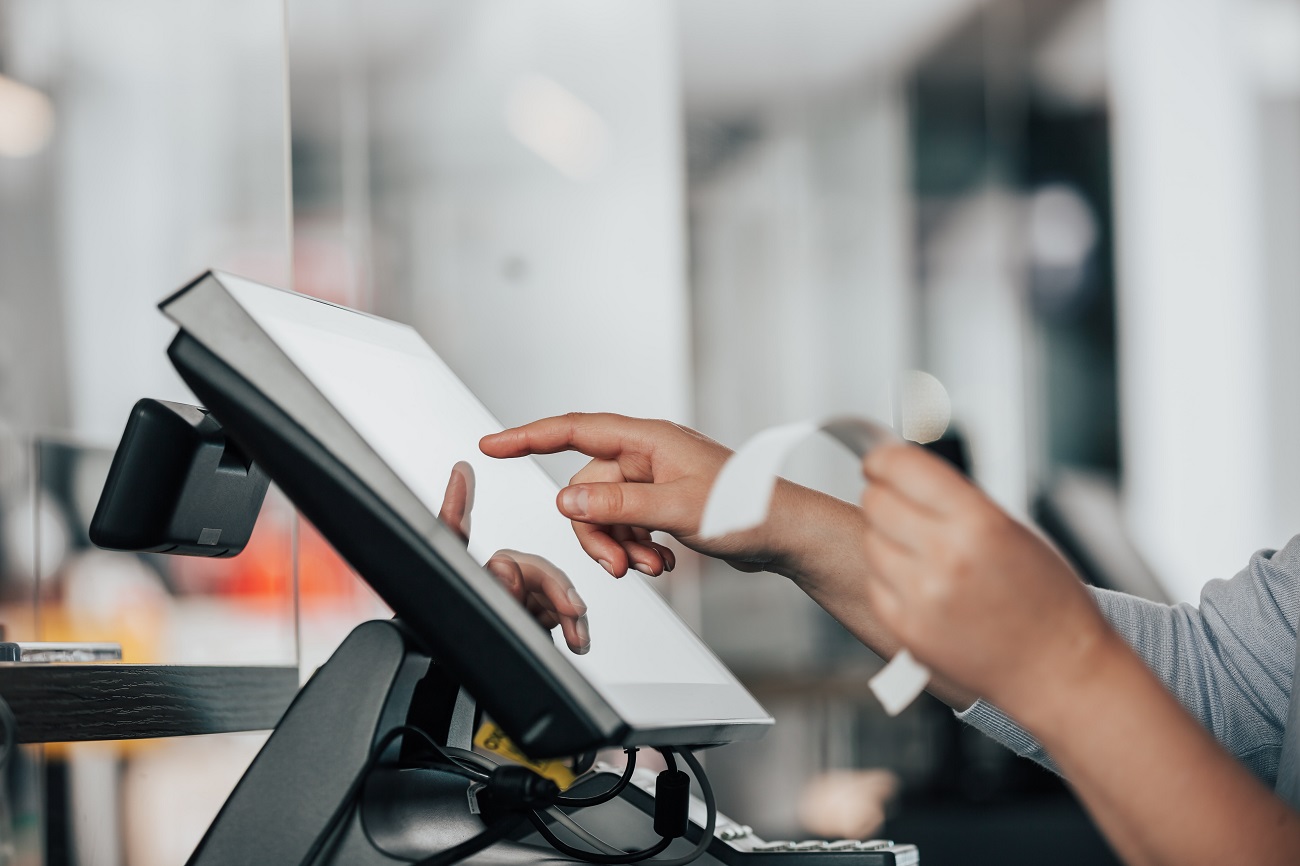With the launch of your business, you always must keep records of your transactions and records and get on top of your accounting and finances. When you keep your records organised and updated, you have full control of your finances and can easily make smart decisions for the betterment of your business.
For this, you will need to learn how to make, manage, and maintain your accounting books because the better you organise your books, the easier it is to manage your accounts and finance. Here is how you can set up accounting books for your small business.
- Open a bank account
After legally getting registered, the first step should be to open an account. This bank account is used to store your business income. It will also protect your assets against any lawsuits or bankruptcy. Having a strong business record helps you get approval from more clients.
- Analysing Financial Transactions
Analysing financial transactions is one of the most basic processes of accounting. Source documents, one of the most important for recording any business transactions, can be done easily through analysing your financial transactions.
Determine how you will record your transactions in three ways.
- Manual transaction by hand
the most time-consuming option for recording transactions, however the cheapest option.
- Accountant
It frees you from managing your transactions and eases up your load. Also minimize the risk of any accounting error, as you are not an expert in this field. However, hiring an accountant cost much more than manual.
- Accounting software
the easiest solution regarding cost and difficulty. It saves your accountant fee and is easier than doing it manually. Software has built-in functions that will help you save time and doesdoes note any mistakes, therefore no risk.
- Expense tracking
The most important layer of having a strong business accounting is accurate expense tracking. This is essential for business growth, building financial statements and keeping track of deductible expenses and taxes.
- Trial balance
A trial balance is produced to determine if the total debits are equal to total credits or not. A report is arranged to record the ledger. In the report, both credit and debits should be equal, if not there may be some errors that can be caused by double posting an entry or not posting an entry which is why it is important to have a perfect trial balance.
- Closing entries
To prepare for the next accounting cycle, temporary accounts that are usually measured periodically are closed. This is the last step that includes a post-closing trial balance to check whether credit and debit are equal or not. Only real accounts are recorded as the temporary ones are closed before.
Looking for a reliable accountancy firm in London? Finchley Business Services offers self-assessment tax, filing of annual accounts, bookkeeping, VAT registration, tax advice, and all accounting services.










